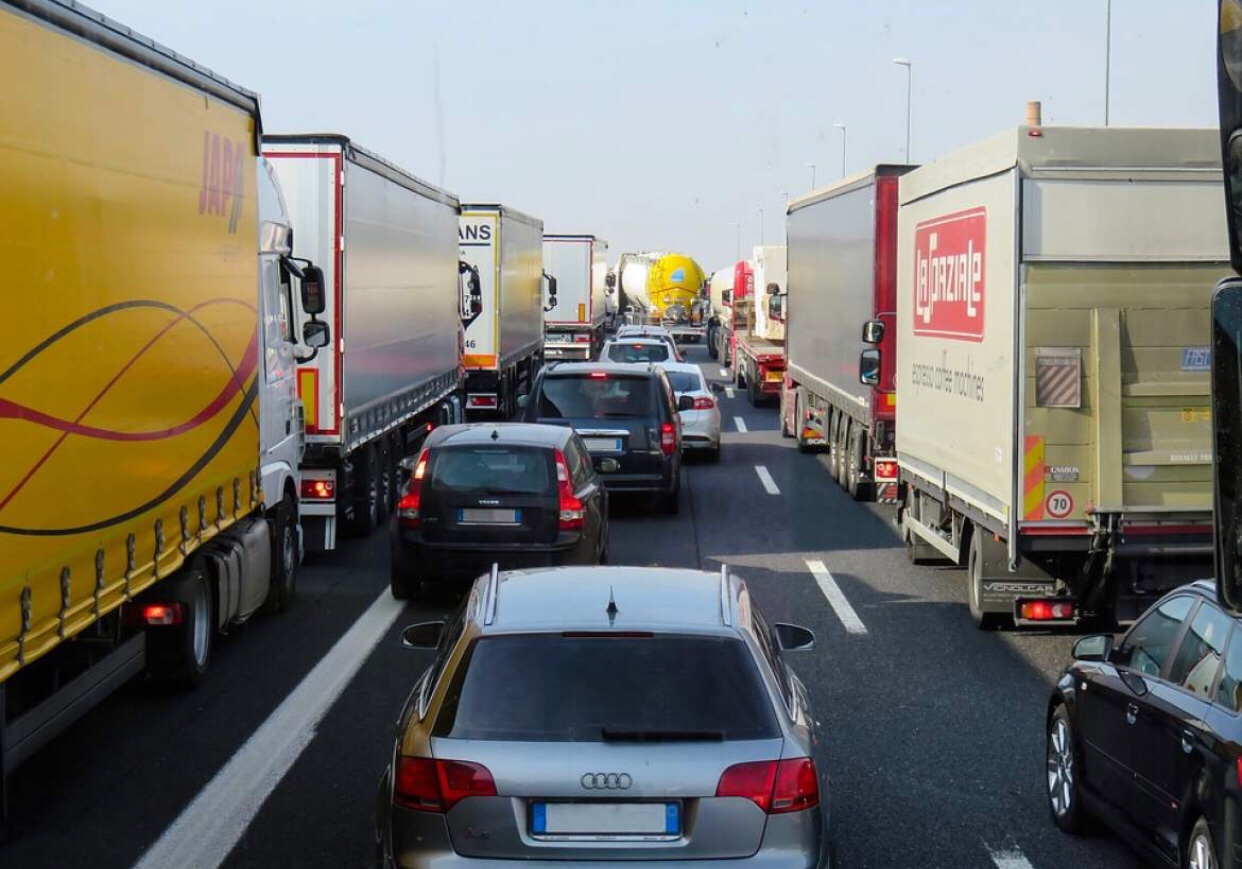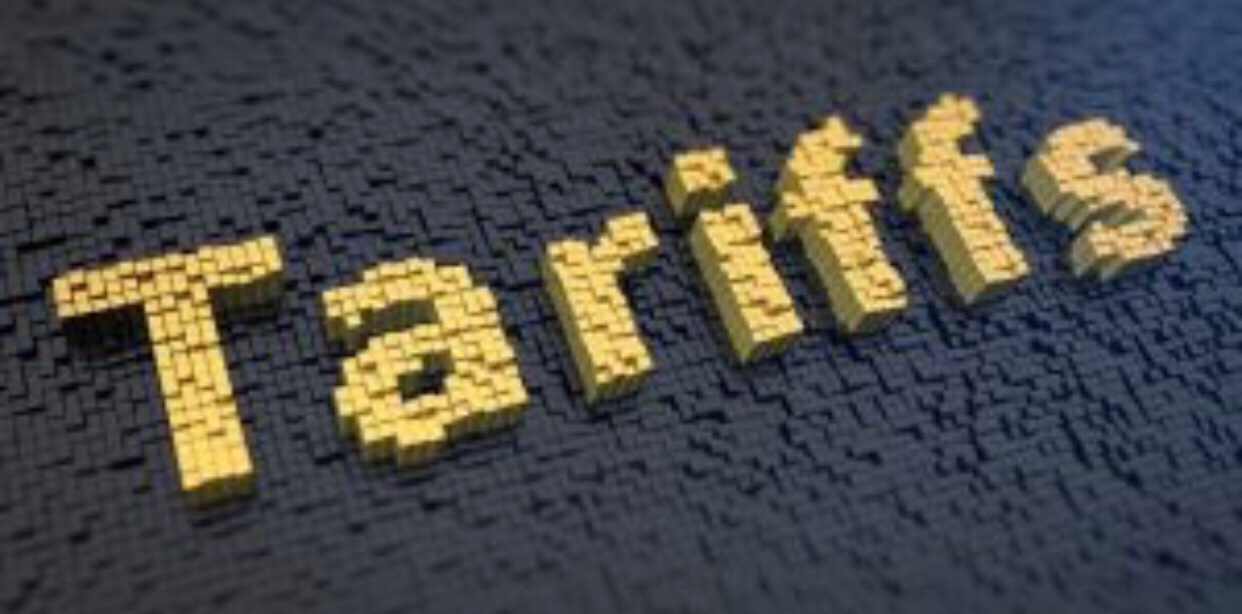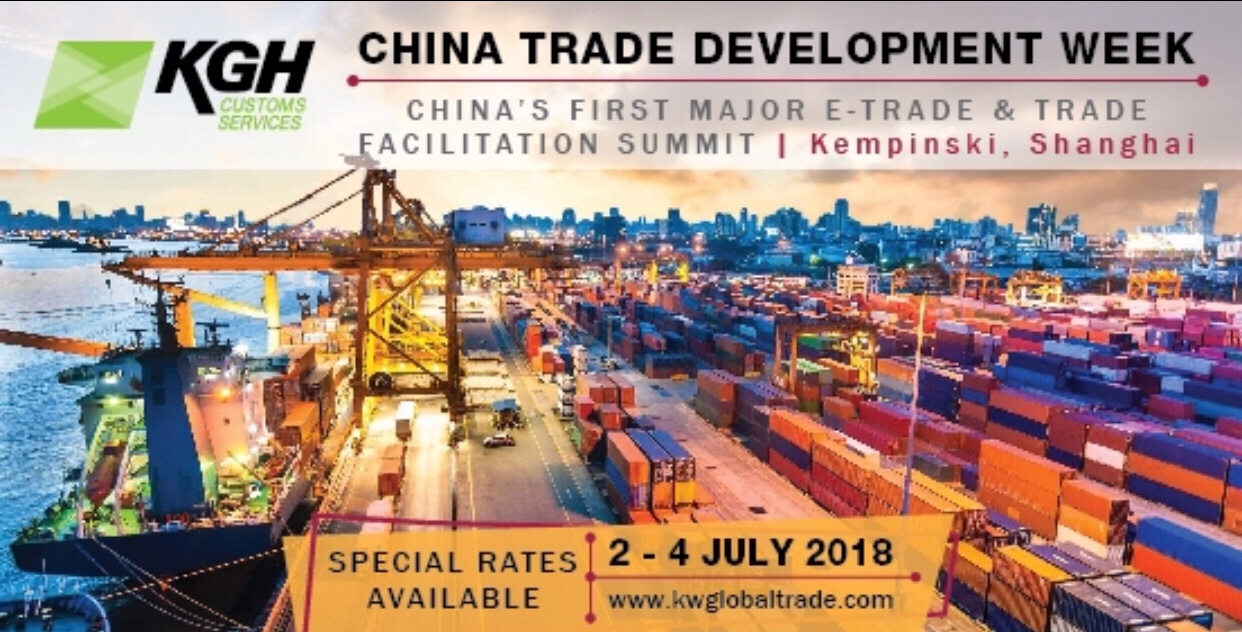BBC reports that attempts to keep the UK in the European Economic Area after Brexit have been defeated in the House of Commons, amid a major Labour revolt over the issue.
MPs reversed a move to retain the UK’s EEA links after it leaves the EU next year, which had been backed by the House of Lords, by 327 votes to 126.
Jeremy Corbyn urged his MPs to abstain but 75 voted for and 15 against, while six quit their frontbench roles.
MPs overturned six further amendments inserted into key legislation by peers.
Supporters of the EEA argue it would give the UK the closest possible relationship with the EU without actually being a member, as it would offer full access to the single market.
But critics say it would require the UK to adhere to EU rules without having a say in them – and would not be in keeping with the spirit of the 2016 referendum result.
All members of the EU also belong to the EEA, alongside non-EU countries Norway, Iceland and Liechtenstein.
In return for market access, the latter are obliged to make a financial contribution and accept the majority of EU laws. The free movement of people also applies in the zone as it does in the EU.
The government won the EEA vote comfortably after Labour abstained, although three Tory MPs, Ken Clarke, Anna Soubry and Dominic Grieve, rebelled themselves and backed the motion.
Source: BBC News
The leaders of the world’s largest economies are at each others’ throats over tariffs. Should they be?
The leaders of the world’s largest economies are at each others’ throats over tariffs. Should they be?

President Donald Trump has complained about tariffs on American products while imposing, or threatening, new ones on imports. Key trading partners are responding with retaliatory tariffs of their own.
But experts say the emphasis on tariffs — essentially taxes on global trade — is misplaced.
“There is a strong risk of overstating the importance of tariffs … many other things matter as well,” said Sean Doherty, head of international trade and investment at the World Economic Forum.
Two key numbers to consider: Trade negotiations conducted over decades have helped push the average global tariff down to just 2.9%, according to the latest data from the World Bank. That’s close to the record low of 2.7% set in 2010.
The average is calculated by adding up the value of all tariff revenue generated in a year, and dividing by the value of the imported products.
David Henig, a former trade negotiator from the United Kingdom who worked on trade talks with the United States, said that obsessing over tariffs on goods is “completely bizarre” because they’re already so low.
Economists say that reducing other barriers to trade, such as regulatory red tape and customs delays, would do much more to ease friction and help economies around the world.
Trump has frequently complained about the European Union’s 10% tariff on cars imported from the United States (cars shipped in the other direction face a 2.5% tariff). But the European Union could complain, too.
The United States charges a 350% tariff on some tobacco imports. Clothing and footwear imports into the United States face tariffs as high as 55%, according to the World Trade Organization.
These surprisingly high tariffs may stop or slow trade in particular industries, but overall, American tariffs are very low. The United States imposes an average tariff on global imported goods of just 1.6%, according to the World Bank.

That’s the same average rate as the European Union.
“It’s just entirely wrong to focus on one sector,” said Gregor Irwin, chief economist at Global Counsel. “There is room for improvement in the EU-US relationship, but it certainly requires concessions on both sides.”
Data from the World Economic Forum show that US goods face tariffs that are slightly higher than most other nations, at 4.9%. But that’s down from 6.1% in 2012, and roughly on par with the tariffs faced by exports from China, Japan, Russia and Brazil.
European Union members face lower average tariffs of 3.5% on their exports.
Experts say the disparity with the United States is a result of multiple factors, including the fact that European countries do a lot of trading with one another. EU membership benefits include zero tariffs, no border issues and coordinated internal regulations.
Trade experts say that worries over small rate differences miss the bigger point.
“A couple percent on tariffs tend to fade in importance compared to these administrative and regulatory-type [trade] barriers,” said Doherty.
In an effort to level what he considers an uneven playing field for trade, Trump has turned to tariffs.
His administration has imposed tariffs on imported washing machines and solar panels, hitting South Korea and China. He’s also used tariffs to target billions of dollars worth of incoming shipments of steel and aluminum, most recently from the European Union, Canada and Mexico.
There are signs that foreign cars could be next in line for a tariff increase.
The moves could cause historically low average tariff levels to rise as countries feel compelled to retaliate, thus raising costs for businesses and consumers. The European Union, Canada and Mexico are each preparing to retaliate over the metals tariffs.
Anastassia Beliakova, head of trade policy at the British Chamber of Commerce, said that tariffs and anti-dumping measures that the US government has imposed could yield immediate effects that “may appeal to Mr. Trump,” but are not the answer.
“Addressing [non-tariff trade] barriers in another market can take a much longer time to remove and require a much more sustained dialogue, but could lead to greater gains in very specific areas,” she said.
Source: CNN/Alanna Petroff
For us in KGH it is important to be a part of the dialogue when the future of trade is defined. This is why we are a partner to and a sponsor of the Global Trade Devlopment Week. Now in Shanghai, China for the first time.

This is one of the best platforms to shape the future. We need you and your voice there too.






You must be logged in to post a comment.